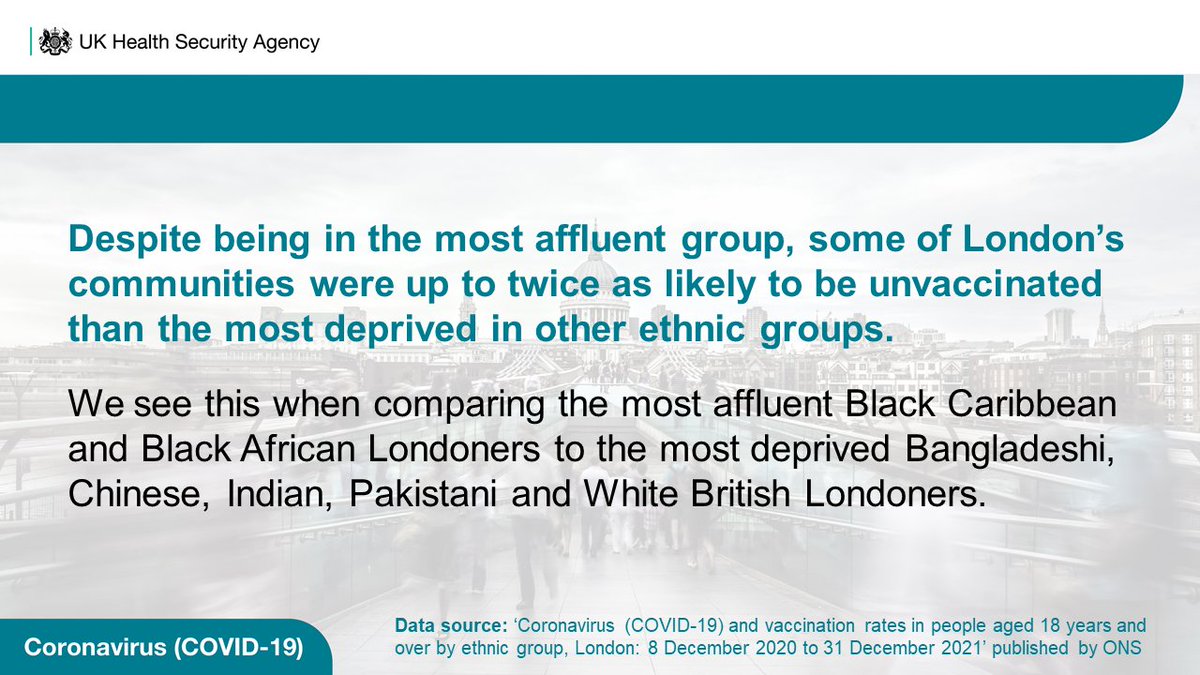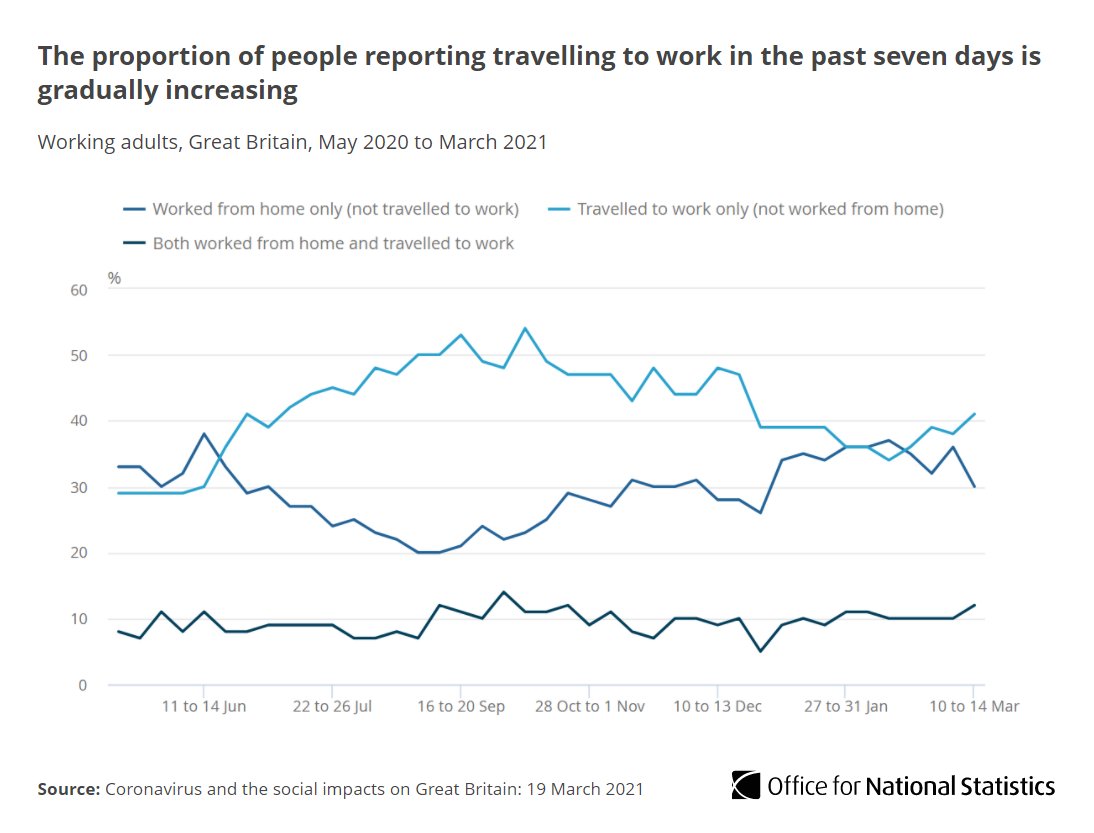
This week is #MensHealthWeek and this year we are being encouraged to take a #ManMOT
The pandemic has meant that many of us have not been able to give our health the attention it needs. This week is a chance to take notice of what's going on in our bodies and minds.
The pandemic has meant that many of us have not been able to give our health the attention it needs. This week is a chance to take notice of what's going on in our bodies and minds.

1 in 5 men die before the age of 65 with cancer being one of the biggest causes. We know that 50,000 of us missed a cancer diagnosis during the pandemic and that early-stage cancer diagnoses fell by a third, with prostate cancer diagnoses down 29%.
nhs.uk/conditions/pro…
nhs.uk/conditions/pro…
Cardiovascular disease, another leading cause of death among men, is largely preventable but the pandemic has negatively affected CVD prevention with new diagnoses down, reviews for people with known risk factors delayed, and healthy behaviours reduced.
nhs.uk/conditions/car…
nhs.uk/conditions/car…
Men's Health Forum (@MensHealthForum) have developed a quick and easy health check you can do at home.
menshealthforum.org.uk/diy-man-mot
menshealthforum.org.uk/diy-man-mot
• • •
Missing some Tweet in this thread? You can try to
force a refresh









